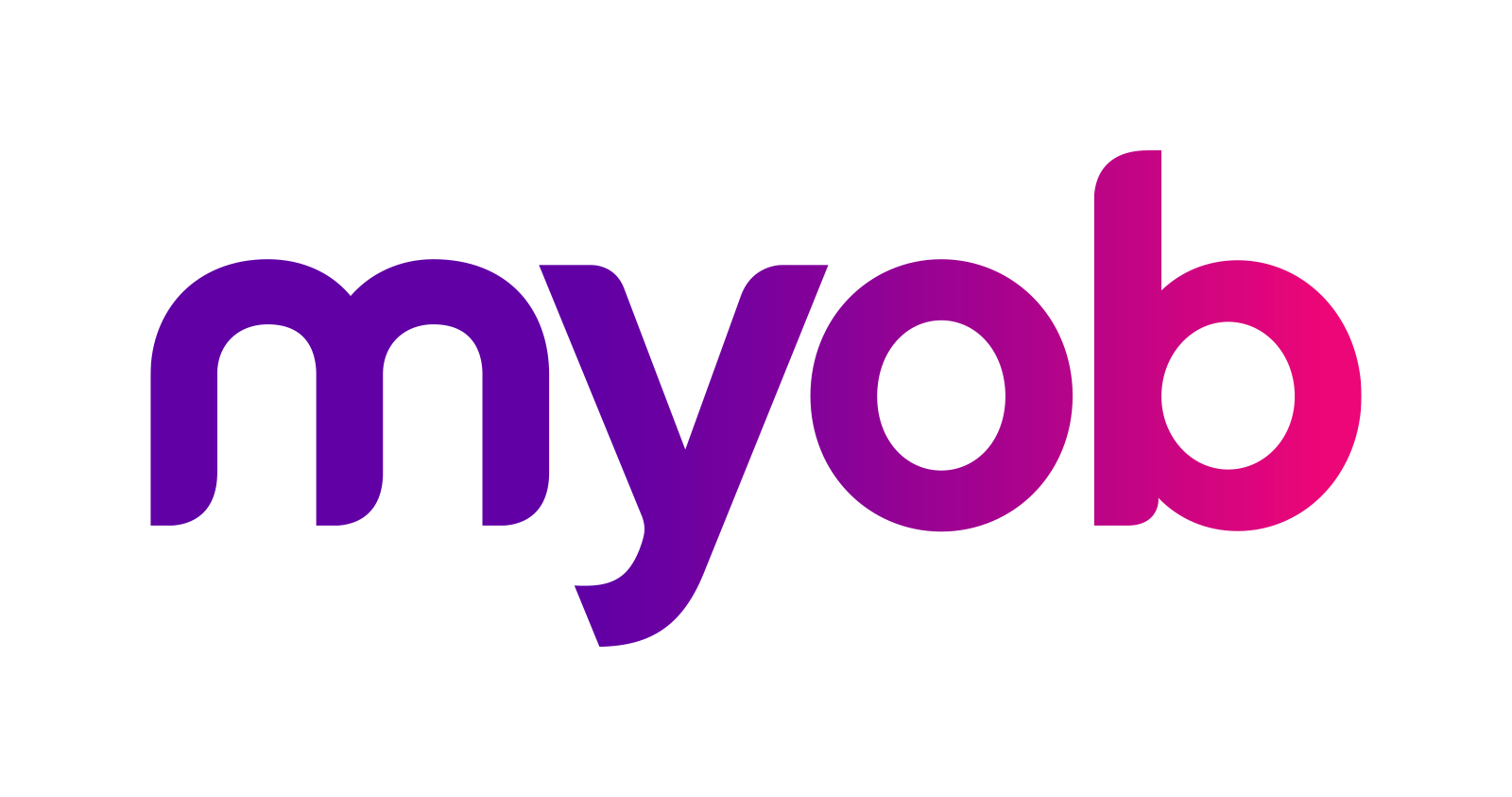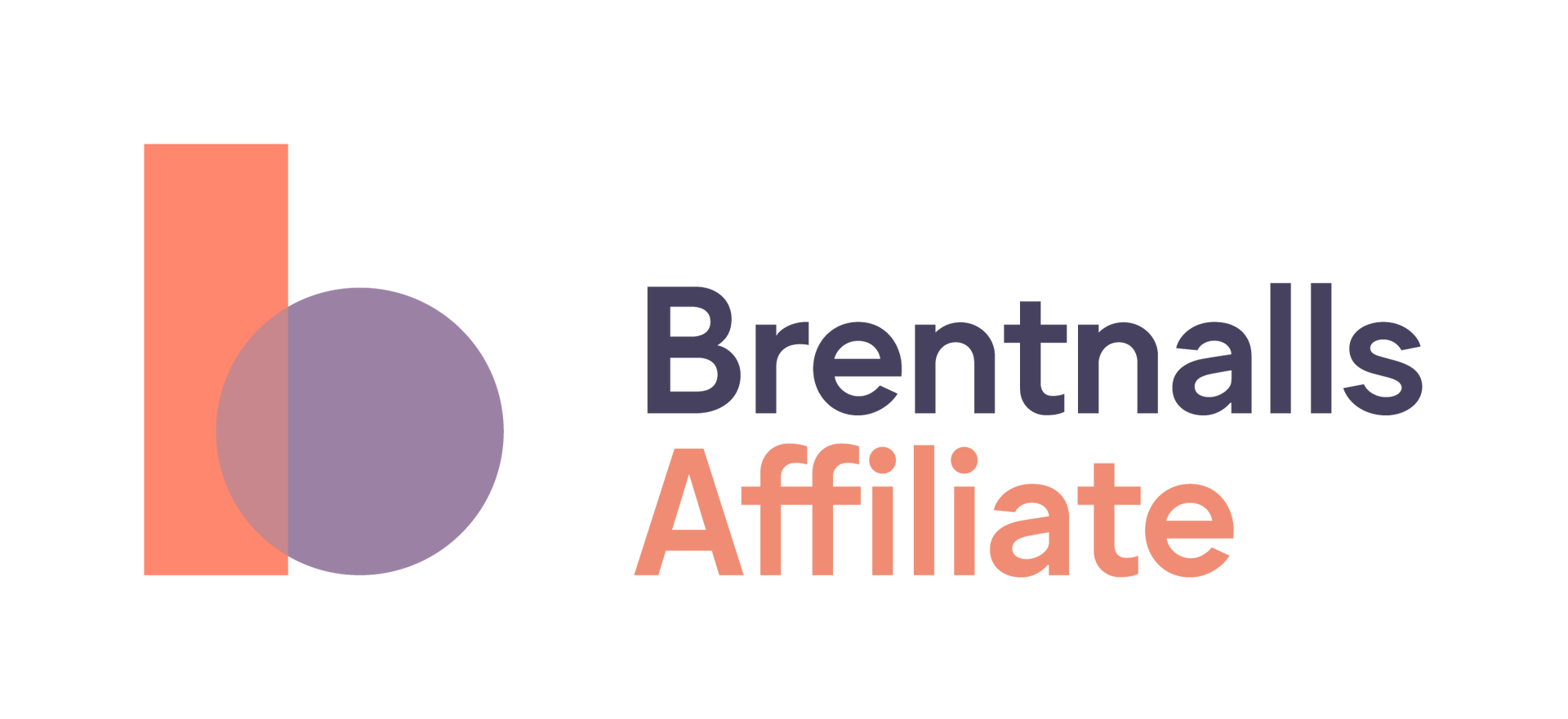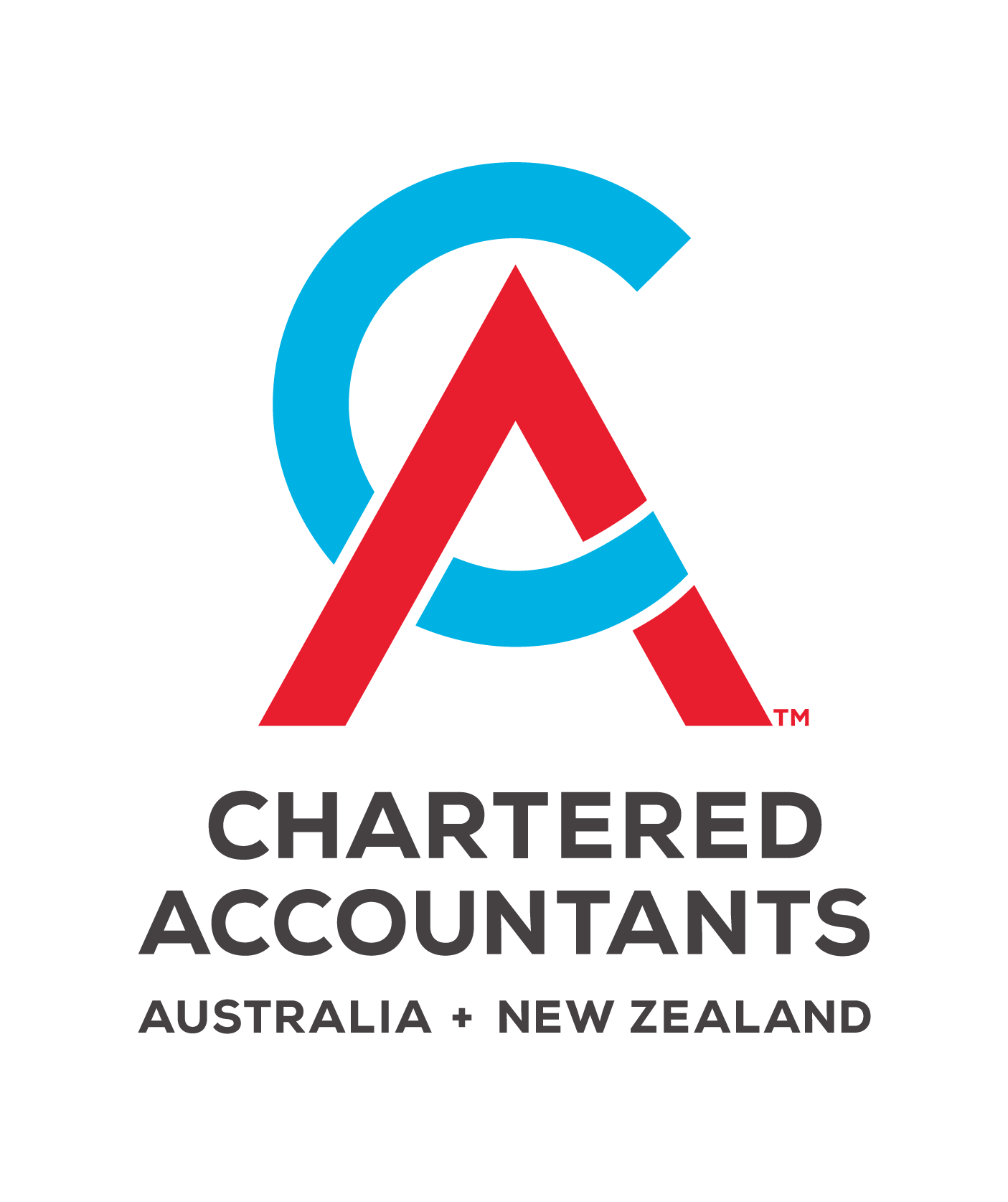News Articles
A solid budget is the foundation for any successful business. Whether you're a startup or a seasoned enterprise, managing your finances should be considered paramount for growth and sustainability. However, compiling a business budget can be daunting, especially if you're new to the process. This article highlights four important tips to help you write a business budget.
- Understand your income and expenses: The first step in creating a business budget is to understand your income and expenses. Take the time to analyse your revenue streams, including sales, investments, and any other sources of income. On the flip side, identify all your expenses, including fixed costs like rent and utilities, variable expenses such as materials and labour, and one-time costs like equipment purchases. Utilise accounting software or spreadsheets to organise this information effectively.
- Be realistic and conservative: When projecting your income and expenses, having a realistic yet conservative approach is essential. While aiming for ambitious revenue targets is tempting, it's crucial to base your projections on historical data, market trends, and reasonable assumptions. Similarly, when estimating expenses, factor in potential fluctuations and unexpected costs. Building a buffer into your budget can help cushion any financial surprises and ensure you're prepared for unforeseen challenges.
- Prioritise essential expenses: Not all expenses are created equal. When writing your business budget, prioritise essential expenses critical to your operations and long-term growth. These may include investments in marketing and advertising, employee salaries, technology upgrades, and research and development (R&D). By focusing on these critical areas, you can allocate your resources more effectively and maximise your return on investment (ROI).
- Monitor and adjust regularly:
A business budget is not set in stone. It's a dynamic tool that requires regular monitoring and adjustment to reflect changing circumstances and goals. Establish a system for tracking your actual income and expenses against your budgeted figures, either monthly or quarterly.
Finally
A well-crafted business budget is more than just a financial roadmap—it's a strategic tool that empowers you to make informed decisions, manage resources effectively, and achieve your business objectives. Seek professional advice from accountants, financial advisors, or business consultants. These experts can provide valuable insights, identify potential hidden spots, and help you optimise your budget for maximum effectiveness. Their guidance can give you the confidence and clarity to make sound financial decisions and propel your business forward.
For more information on this topic head to:
Discuss Further?
If you would like to discuss, please get in touch.
Disclaimer
The information provided in this article does not constitute advice. The information is of a general nature only and does not take into account your individual financial situation. It should not be used, relied upon, or treated as a substitute for specific professional advice. We recommend that you contact Brentnalls SA before making any decision to discuss your particular requirements or circumstances.








